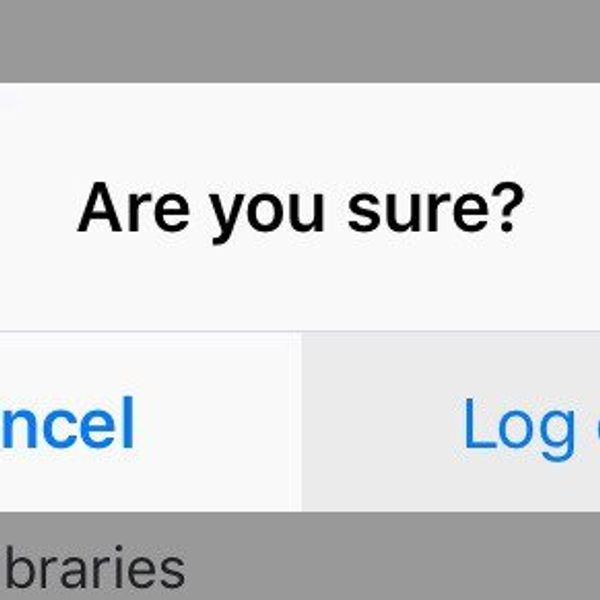"Is that Emily?"
My feet slowed to a halt on Target's scuffed linoleum floor and I lifted my eyes from the receipt I was stuffing into my wallet. I could recognize that voice anywhere. Five years of singing Justin Bieber at the top of our lungs, calling each other funny names and spending multiple hours each day talking on the phone meant it was practically ingrained in my memory.
"Oh my gosh! Rachel!" I said before I had even fully turned around. "It's been what? Two? Three years?"
June 6, 2014, at our high school graduation. That was the last time we saw each other. I knew that, but it seemed like a necessary formality to ask how long it had been. And even though it had been over two years since I'd laid eyes on her caramel brown skin and slender figure in person, it felt like I had seen her just yesterday; and not in the nostalgic sense, but in the literal sense.
After a brief chat, we said our goodbyes, but I thought about our conversation for the rest of the night. I couldn't understand why I felt like I knew nothing yet everything about her. And then it dawned on me: we hadn't spoken in years, but we saw each other's posts on Facebook, Instagram, and Snapchat almost daily, so it truly felt like we hadn't missed out on anything in each other's lives.
This realization should have put an end to my deep contemplation, but it only progressed.
How might our conversation have differed if social media didn't exist? Would she have known I had been diagnosed with an eating disorder just ten months after starting college? Would I have known that she gave birth to a beautiful baby boy? Would we have addressed each other differently? Would we have talked longer? Cherished each other's presence? Hugged each other goodbye instead of waving?
I raise these questions because my situation with Rachel is not unlike many others that I have experienced over the past few months; and this leads me to believe that the dynamic of our conversations and even our relationships is changing due to social media. This electronic world that allows us to stay updated on our friends' and followers' every move is creating relationships that are based on face value and a limited level of depth. We assume that what is on social media is authentic and that we know a person based off their pictures, recent status updates and bio, and when we actually get the chance to speak and address them in public, our conversations are driven by what we think we already know due to our blind trust to believe what we read on social media.
Before we go on, I should note that I find social media an extremely valuable form of communication in many ways more than one. Furthermore, I am not a social media expert. I am just an undergraduate student with an overactive imagination and a tendency to ask a plethora of "what if" questions. If you think I am going to tell you something about social media that you probably don't already know or haven't at least already detected, please do away with that notion. What I am going to tell you is that social media is a double-edged sword. It's a means of communication that when taken out of context and understood with blind trust creates an impact on our social relationships. And, although there are a handful of persons who do not interact on the online world, a vast majority of us do.
A 2015 study found that over 65 percent of adults use social networking sites—a nearly tenfold jump in the last decade. What's more is that social media usage is even more prominent between young adults 18-29 years old. The same study found that social media usage between young adults has climbed from 12 percent in 2005 to 90 percent in 2015. The purpose of telling you these statistics is not to make you think about how many people use social media, but to get you thinking about how social media usage has changed during your lifetime and how this had impacted your life and others around you.
The change in relationships, society and culture due to social media is not something to fear, but something to be aware of. Furthermore, I do not condone a purging social media from your life. But as I said above, ask yourself how your social media usage has impacted relationships in your life. Ask yourself how you might see, act and treat people differently if social media did not exist. Be more conscious of how you interact on social media and don't blindly trust everything you read. Lastly, never underestimate the value of true human interaction. After all, the light you see in someones eyes when they smile is far better in person than it is online.





















